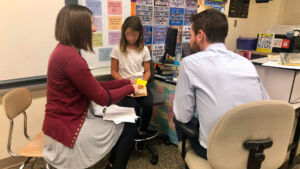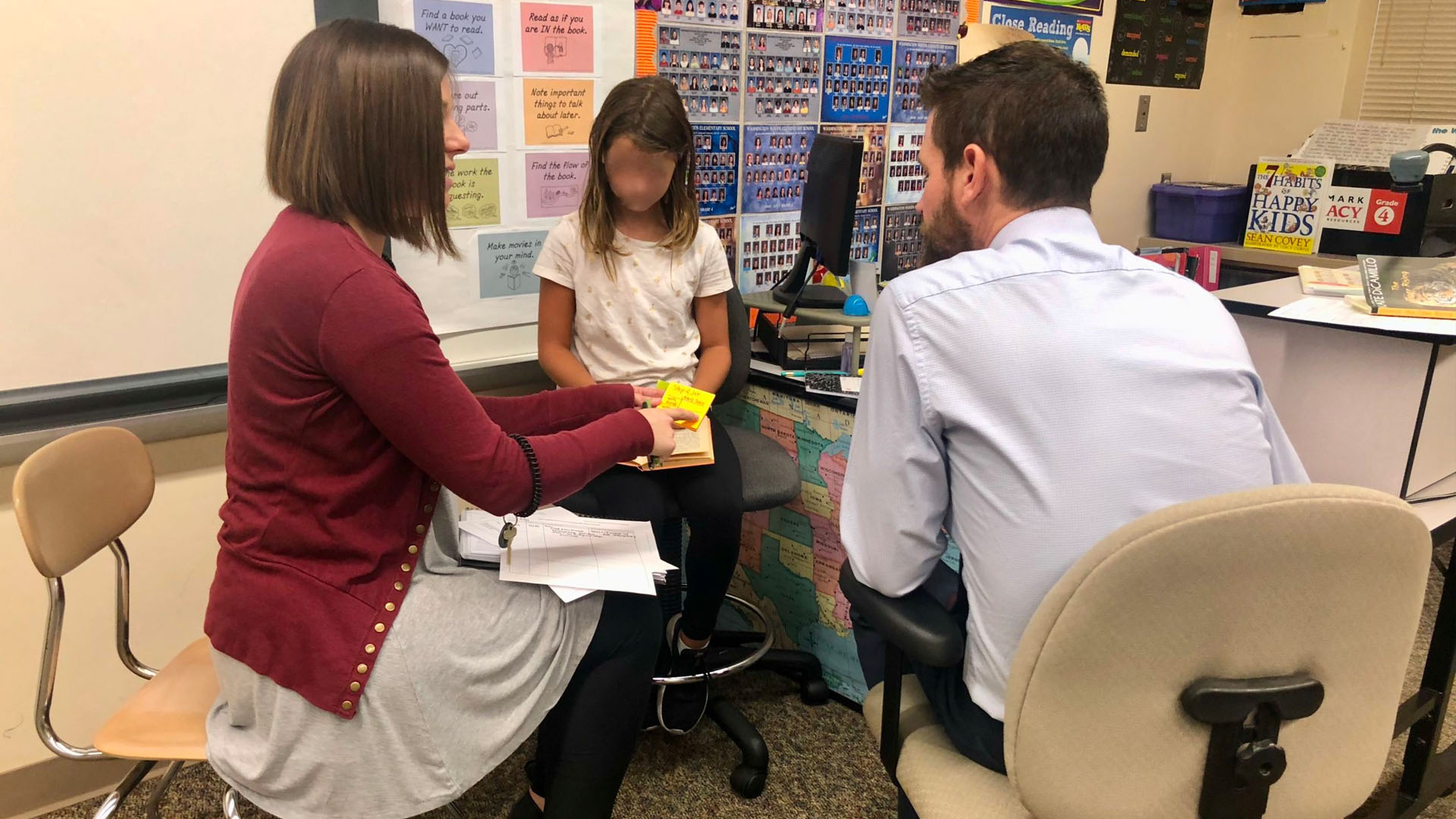
Starting a new role can be challenging, for many reasons. For an Instructional Coach, one challenge might be feeling isolated by your role. As an Instructional Coach, you might be the only person in your building serving in that position. Without others to lean on, it can be difficult to know how to get started and move forward. I believe we are better together, and I want to share with you a few lessons I learned as I started my role as an Instructional Coach.
Start with Relationships
Depending on your previous experience, you might be starting in a new building or shifting roles within your own building. Regardless, you have some work to do to build relationships with the teachers you will be working with. You’ll need to intentionally find opportunities to get to know your teachers. You might spend time in their classrooms to learn what they value about their own instructional practice. Or you might join their classroom meetings to get to know their students. No matter how you do it, building relationships with your teachers early in the year will pay off in the long run!
Be Visible in Ways that Define Your Role
One of my mentors shared with me the idea that how we spend our time, and how teachers see us spend our time, defines our role. As you prepare for the important coaching work you will be doing with teachers, consider how you can make that work visible from the start. You might not be in formal coaching work, yet, but there are other ways you can engage in instructional work with your colleagues. For example, join PLC meetings, planning meetings, and other collaborative spaces. You might get into classrooms right away to support the instruction in that space. Remember to be visible in ways which align to the goals you have for your work and role.
Make a Plan with Your Principal
As important as it is to build relationships with the teachers in your building, it is also important to spend time with your principal to define how you will work together. Chances are your principal has meaningful goals for the building, and one of your responsibilities as a coach is to support those goals. Take time talking with your principal about the role they will play and the role you will play in working toward those goals.
“Chances are your principal has meaningful goals for the building, and one of your responsibilities as a coach is to support those goals.”
Be a Problem-Solver
As an Instructional Coach, you might become the go-to when your colleagues have questions about instructional materials, practices, or decisions. As a coach, it can be challenging to avoid the slippery slope of negativity or “venting” as you talk with your colleagues. Be sure to consistently remain a problem-solver, even in challenging conversations. It is important that your colleagues know you are there to help them work through questions or challenges in productive ways.
“It is important that your colleagues know you are there to help them work through questions or challenges in productive ways.”
Find Your People

Most importantly, find the people who will build you up. The ones who let you think deeply about your work. The people who will help you grow into the best version of yourself, even when it means challenging you to think differently. I am so grateful to the individuals and teams who built me up in my coaching work, many of whom are the inspiration for this post! Your team, whoever they are, will help keep you grounded and focused. Your people will keep you moving forward and growing in your coaching work. Find them; lean on them; grow with them.
Resources
Please login or register to claim PGPs.
Alternatively, you may use the PGP Request Form if you prefer to not register an account.



